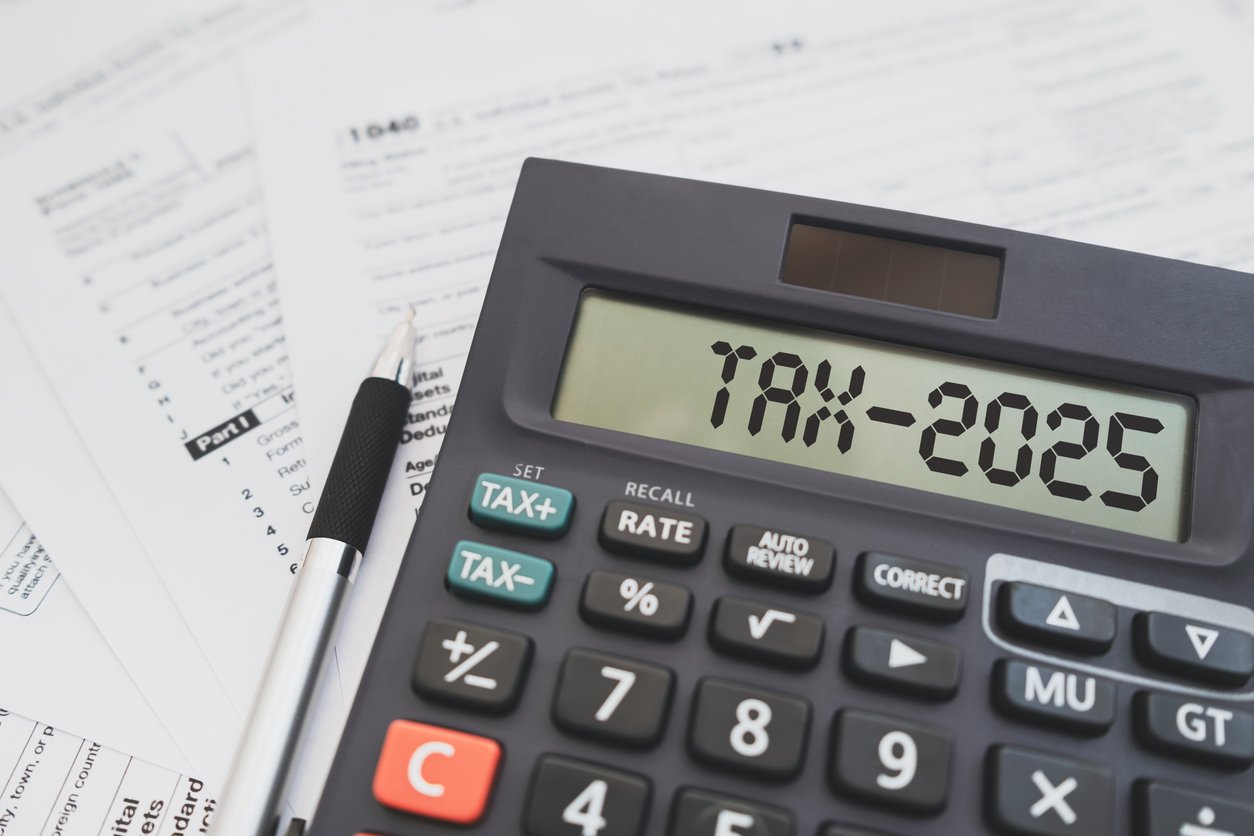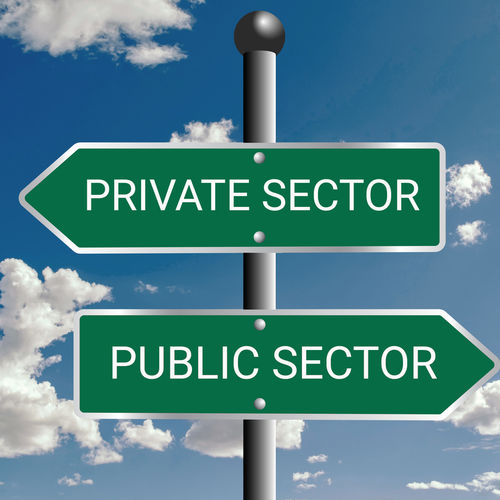🚨 Important Note for Investors: If you plan to take advantage of 100% bonus depreciation, you must be invested by December 31, 2025.
This incentive allows investors to accelerate depreciation deductions in the year the asset is placed into service, significantly lowering taxable income. Waiting until 2026 could mean missing out on this major tax benefit as phase-outs begin.
Tax season can bring anxiety, especially when you’re juggling multiple passive-income assets, depreciation schedules, and the evolving tax landscape. But proactive planning is the investor’s greatest advantage. Below are strategies and reminders to help car wash and flex-space investors prepare for tax season efficiently and effectively.
Understand the 2026 Tax Bracket Changes
The IRS has already announced updated 2026 tax brackets, which will apply to returns filed in 2027. These adjustments reflect inflation and the sunset of certain provisions from the 2017 Tax Cuts and Jobs Act.
Key highlights include:
- The standard deduction is increasing, $16,100 for single filers, $32,200 for joint filers, and $24,150 for heads of household.
- Some itemized deductions and income thresholds will tighten for high-income earners.
- Inflation adjustments are meant to prevent “bracket creep,” but many investors may still find themselves in higher effective tax brackets.
Staying aware of these changes helps investors avoid surprises and plan their contributions, withdrawals, and depreciation strategies accordingly.
Source: CBS News – IRS announces new tax brackets for 2026
Organize Financials Early
Begin gathering and reconciling your 2025 financial records now, before the year closes.
- Collect K-1s, 1099s, and capital account statements early.
- Verify that distributions, contributions, and ownership percentages match your fund statements.
- Document capital expenditures, equipment upgrades, or repairs made during the year.
- Track any asset sales or disposals, especially if they trigger depreciation recapture.
- Store all loan, insurance, and utility documents for complete reporting.
Having clean, reconciled books ensures your CPA can maximize deductions and file accurately the first time.
Maximize Depreciation & Cost Segregation Opportunities
Car wash and flex-space investments are especially powerful due to their accelerated depreciation potential.
- Bonus Depreciation: Assets placed into service by December 31, 2025, qualify for 100% bonus depreciation.
- Cost Segregation Studies: A professional study can break down property components (e.g., plumbing, electrical, paving, or signage) to identify items that can be depreciated over shorter timelines.
- Section 179 Expensing: Consider this for certain eligible business equipment or vehicles.
- Mid-Year Acquisitions: Time new purchases so they’re placed in service before year-end to capture full benefits.
Consult your CPA or QC Capital’s investor relations team to ensure your investment strategy aligns with these tax advantages.
Manage Passive Activity Loss Rules
Car wash and flex-space investors typically fall under passive activity loss rules. Losses can offset only passive income unless you meet material participation thresholds.
- Grouping activities across multiple properties may allow you to balance income and losses strategically.
- Suspended passive losses can be carried forward to offset future gains or income events (like a property sale).
- Confirm whether any activities qualify for real estate professional status, rare but valuable.
A well-planned grouping election and record-keeping system can help optimize how your losses and income interact year-to-year.
Forecast & Prepay Tax Liabilities
Surprises are great when they’re distributions, not tax bills.
- Estimate your 2025 taxable income and depreciation in Q4.
- Make quarterly estimated payments to avoid penalties.
- Consider accelerating deductible expenses or deferring income when possible.
- Use “safe harbor” methods (such as paying 100% of last year’s tax) to avoid underpayment penalties.
The earlier you model your liability, the more flexibility you’ll have in how you manage cash flow and capital deployment.
Communicate Early with Your CPA and Fund Managers
By November, your CPA should already be briefed on your investment structure and anticipated tax items.
- Request year-end projections from fund managers.
- Verify timelines for K-1 delivery and cost-segregation documentation.
- Discuss elections, depreciation methods, and any significant purchases or refinancing events.
- Schedule a January review call to preview what your 2025 return will look like.
Strong coordination between your investment team and your tax professionals ensures nothing falls through the cracks.
Don’t Forget State & Local Considerations
State and local tax rules vary, and can significantly impact your total return.
- Some states have limited depreciation conformity with federal rules.
- SALT deductions remain capped for high-income filers.
- Review property-tax assessments for accuracy and appeal where appropriate.
A local CPA or advisor familiar with the regions where your assets are located can help maximize compliance and minimize liability.
Review & Plan for 2026 Early
After filing your 2025 taxes, do a quick post-season review:
- Compare your projections to your actual tax outcome.
- Review whether your cost segregation or grouping elections performed as expected.
- Identify missed deductions to capture next year.
- Update your tax strategy to reflect 2026 bracket adjustments.
Tax planning isn’t a one-time event, it’s a recurring optimization strategy.
As a passive investor, your goal is simple: preserve and grow wealth while minimizing taxable drag.
With proactive planning, 2025 can be one of the most tax-efficient years yet, especially if you secure an investment before December 31, 2025, while the 100% bonus depreciation window is still open.
At QC Capital, we structure opportunities like our Car Wash and Flex Space Funds to maximize these advantages for our investors through professional management, strategic acquisitions, and optimized tax efficiency.
Ready to learn how your next investment could help you capture 100% bonus depreciation before year-end?
Schedule a call with our Investor Relations team today.


